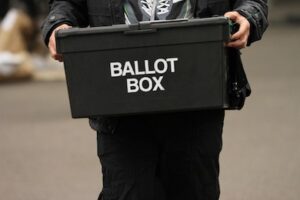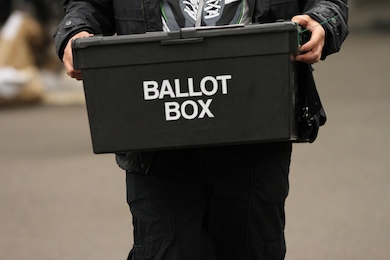
Young people are being urged to vote in order to ensure political parties pitch policies and ideas at them in the future.
Dr Stuart Wilks-Heeg, the Head of Politics at the University of Liverpool, believes that students in particular are dissatisfied with the political parties because there aren’t any that they can relate to, citing the infamous Liberal Democrat pledge to abolish student fees before the last election.
He told JMU Journalism: “I think the lack of interest probably built up over time in the sense that the political parties don’t seem to represent young people’s views.
“We do have the problem that, at the last general election, the Liberal Democrats made a very big promise to students which they then broke. I think that’s left a bit of a legacy and left some scars.
“The people who have suffered have been younger people. The increase in student fees and the withdraw of benefits from people under 25, if we look at what little has really been done around youth unemployment and so on you can see why young people have the sense that not much has been done for them.”
Wilks-Heeg believes that in this technological age, there is so much information available for people sitting on the fence, saying: “There’s more information than there’s ever been. People used to make their voting decisions on very impressionistic grounds, they had a loyalty to a particular party usually because their parents had a loyalty to that party.
“Some people feel they don’t know enough. But in the age of the internet it’s incredibly easy to find out more. The parties will soon be publishing their manifestos, so you can simply go on their website and download everything that they’re promising that they will do.
“There’s no excuse for not being informed, it does require an investment of time and effort, but the information is there.”
He urged young people to vote, saying it is the only way they can make a difference to the democratic process and ensure parties represent them in the future.
The academic added: “If young people don’t vote, that gives the parties even less incentive to do anything for young people, to pitch policies and ideas at young people.
“So it’s crucial if young people and students want their voices to be heard that they need to be participating in the democratic process and a fundamental part of that is voting in elections. But you don’t get the politicians to respond sitting at home on polling day.”

